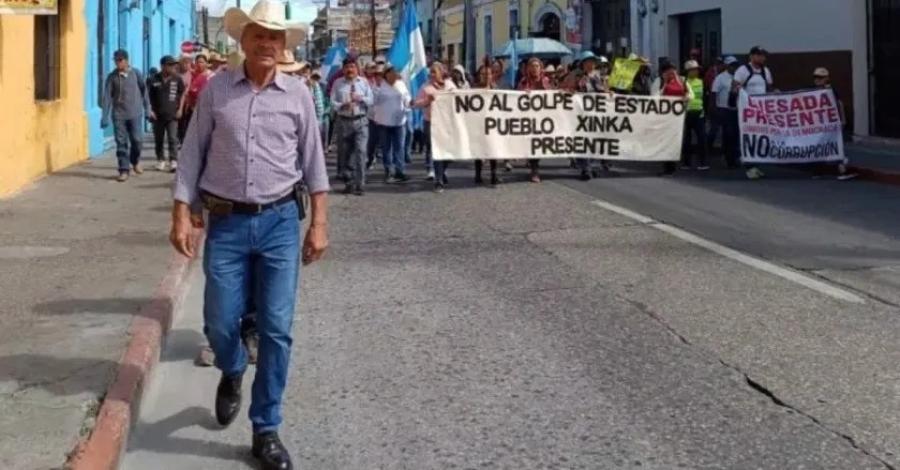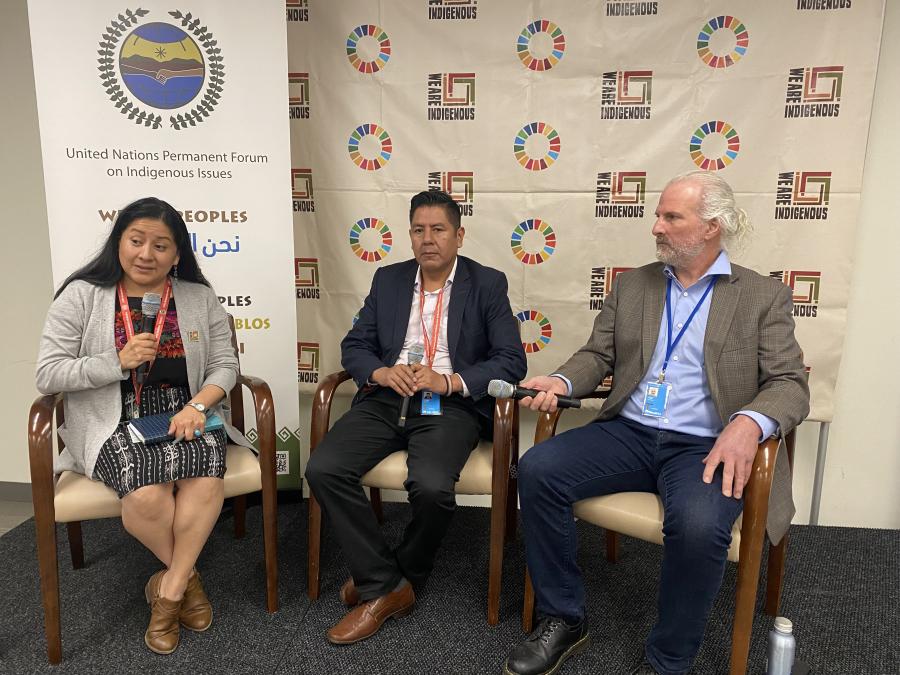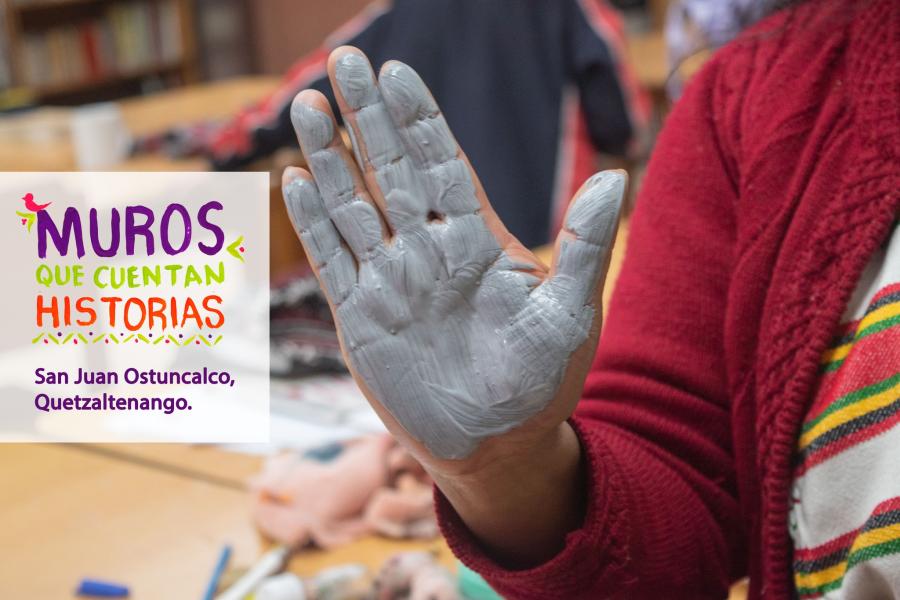
After spending over two months in prison under charges of terrorism, Rubén Herrera, community leader and outspoken activist against the Hydro Santa Cruz dam in Barillas, Huehuetenango, was released on Thursday May 30th due to a lack of evidence to the charges against him.
“The decision from this court will set a good precedent for human rights defenders, and overall for the legitimacy of grassroots activism by Indigenous Peoples. The arguments of the judge referenced international conventions that guarantee the right to be consulted and the right to self-determination of Indigenous Peoples,” explained Fransisco Rocael Mateo Morales, coordinator for the Departmental Assembly of Huehuetenango, an activist group to which Herrera was a member and which has assisted in the community’s organizing of consultations.
The Q’anjobal Maya community of Santa Cruz Barillas has repeatedly opposed a hydroelectric project on their sacred Q’am Balam river for years. Back in 2007 they conducted a community vote which found 46,479 people opposed to transnational development, with only 9 in favor. The company, a subsidiary of Spanish Hidralia Energia, as well as the government of Guatemala, have violated the rights of the community to give their Free, Prior, and Informed Consent. Rather, they have joined in a State-sponsored witch hunt towards any outspoken leaders to express their opposition against the project.
Rubén Herrera is only the latest in a series of criminalization and intimidation. In 2010, Andres Francisco Miguel was shot and killed by security guards of Hydro Santa Cruz. Later that month, 12 community leaders were captured and held in prison for over 6 months before they were released. Others are still being sought for arrest on charges such as terrorism, kidnapping, coercion, and arson.
Herrera's release, after months of protests, petitions, denouncements, and legal battles, is a major victory for the community and all of those involved.
The judge who presided over the case of Rubén Herrera, Miguel Ángel Gálvez noted the importance of respecting International human rights and the right to consultation. In a major precedent, he emphasized the importance of respecting the rights of Indigenous Peoples. He also sustained that Convention 169 of the International Labor Organization, which establishes the right to consultation before development projects, is valid as law in Guatemala and that it is the State of Guatemala’s failure to comply with these international obligations which creates the type of social conflict that has developed in Santa Cruz Barillas.
The State’s actions in persecution of community leaders has been criticized widely by local and international organizations. In January, the UN High Commission for Human Rights confirmed human rights violations in the the arrests of 12 leaders who in May of 2012 during the state’s declaration of martial law in the community of Barillas.
Morales, coordinator for the ADH, explained in an interview with Prensa Comunitaria: “This was not just one person or one organization's effort, but really the effort of many people. I think it is important to recognize the coordination that took place, which I see as a credit to the ongoing work to protect individual and collective human rights by both national and international groups.”
For more information, see Cultural Survival’s campaign We Are All Barillas.




